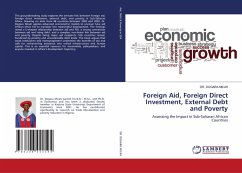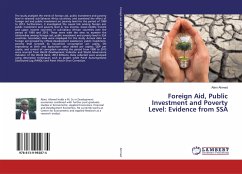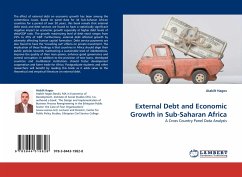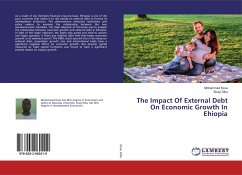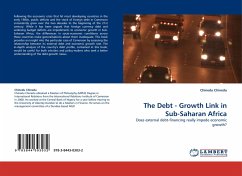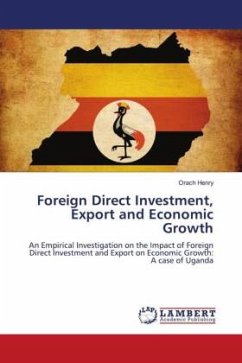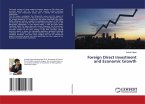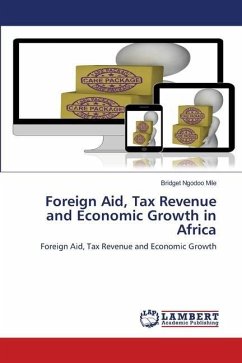This groundbreaking study explores the intricate link between foreign aid, foreign direct investment, external debt, and poverty in Sub-Saharan Africa. Drawing on data from 48 countries between 2002 and 2020, Dr. Dogara Micah applies advanced econometric models to uncover how aid inflows often fail to translate into meaningful development. The findings reveal a U-shaped relationship between aid and FDI, a strong connection between aid and rising debt, and a complex, non-linear link between aid and poverty. Despite being major aid recipients, SSA countries remain burdened by poverty and unsustainable debt levels. The book argues that weak institutions and mismanagement undermine the benefits of aid and calls for rechanneling assistance into critical infrastructure and human capital. This is an essential resource for economists, policymakers, and anyone invested in Africa's development trajectory.
Bitte wählen Sie Ihr Anliegen aus.
Rechnungen
Retourenschein anfordern
Bestellstatus
Storno

